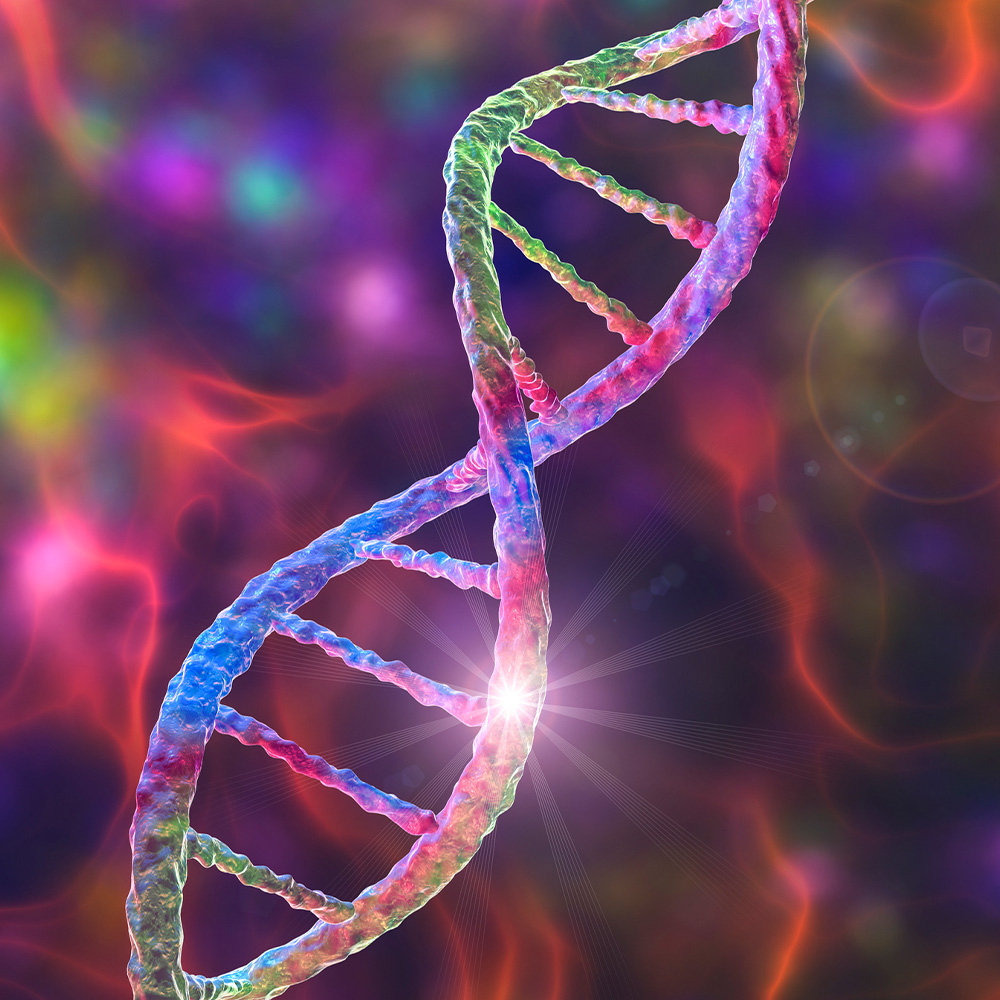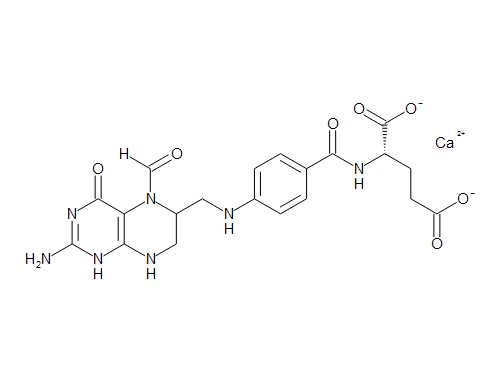Modified Version of CRISPR Gives Autism-Linked Genes A Boost
A modified version of the CRISPR gene-editing tool can increase the expression of SCN2A and CHD8, showing a lot of potential to assist with autism therapies!
According to a new preprint, treating brain organoids and neurons with a modified version of the gene-editing tool CRISPR rescues the effects of pathogenic variants in two high-confidence genes linked to autism. This new approach boosts the expression of the genes SCN2A and CHD8 by specifically targeting the structures which regulate them.
 Variants in the SCN2A gene are responsible for intellectual disability, seizures, and autism, while CHD8 is involved in the remodeling of Chromatin, the group of DNA and proteins which makes up chromosomes. People with autism typically have faulty copies of CHD8.
Variants in the SCN2A gene are responsible for intellectual disability, seizures, and autism, while CHD8 is involved in the remodeling of Chromatin, the group of DNA and proteins which makes up chromosomes. People with autism typically have faulty copies of CHD8.
This latest work would suggest that the impact of autism-related variants could be reversed by utilizing gene expression rather than altering genes directly. However, experts agree that more research is required before the technique can be utilized effectively.
The First Step In the Process
“This is another way in which we can regulate genes that are extremely important in [autism], so that’s a major finding,” said Kevin Bender, the associate professor of neurology at the University of California, San Francisco, who was not involved in the study. “But it’s really the first step in understanding whether this approach is broadly applicable.”
Previously, Bender and his team have utilized the same version of CRISPR, which, instead of editing genes, activates them to boost the expression of the SCN2A gene in mice, which had a harmful variant in one copy of the gene. This treatment corrected the problems that were present in the mice’s neurons.
The study confirmed many of the previous findings by increasing the expression of SCN2A in mutant neurons and brain organoids. However, it also confirmed for the first time that activating gene regulatory elements with CRISPR could counteract the effects that are associated with the detrimental variants of CHD8.
Because of the way this gene controls the expression of many other genes, “to see that the upregulation of CHD8 is restorative in some way is really exciting,” Bender says.
Previous work in this area focused on gene promoters, DNA snippets that initiate the transcription of DNA into RNA, to increase SCN2A. While this method didn’t appear to cause any harm, it could potentially lead to adverse consequences, says Daniel Geschwind, professor of neurology, psychiatry, and human genetics at the University of California, Los Angeles.
While initial results are positive, more research, trials, and studies are required to fully exploit these new discoveries. However, any positive news is good news. You can read the full study here.
Modified Version of CRISPR Gives Autism-Linked Genes A Boost – Conclusion
As new technology continues to evolve and therapeutic shortcuts and solutions are identified by researchers, the fight to discover a cure for autism continues, but not without support. Supporting organizations fighting to discover a cure for autism is the ideal way to continue to see breakthroughs that could ultimately benefit the whole community.
If you have any questions about autism products or would like to find more information about sensory products, please don’t hesitate to reach out and contact us at Autism Products directly. Our friendly and professional team is standing by to assist you.
Drop a comment below to share your thoughts on the article. We look forward to reading your feedback and opinions.





